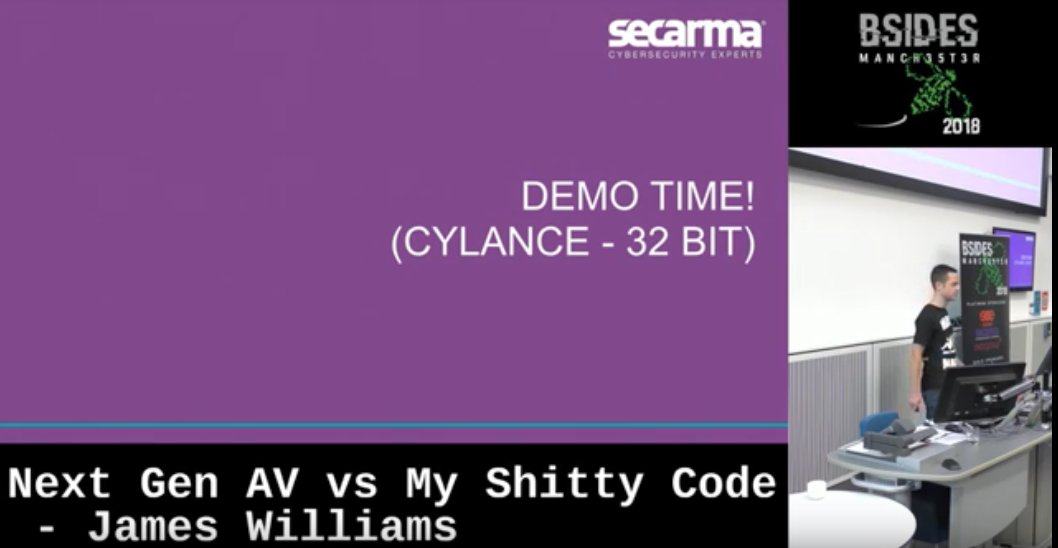The racist TV show at the beginning of Hackers going on about “blacks” was called “America First”.
Nipple rubbing Matthew Lillard talking about “hacking the Gibson”. What is life. #hackers
Lol there’s a talking ransomware
This was clearly a huge influence on The Matrix.
The college kid from Pitch Perfect 1 and 2 is in this. Where he also played a college kid.
That was fun. @mjg59 I finally watched Hackers.
• • •
Missing some Tweet in this thread? You can try to
force a refresh














